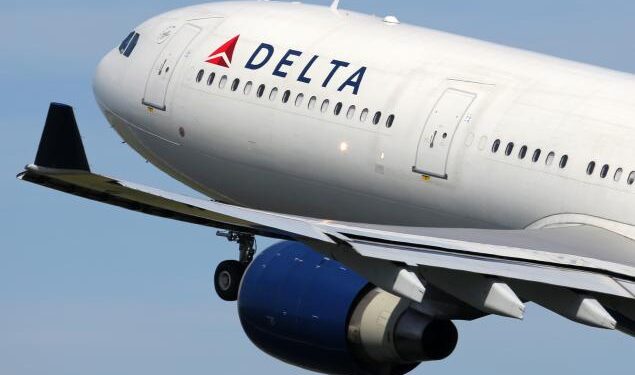Wall Street closed sharply higher on Tuesday, driven by tech and discretionary stocks. Investor mood was upbeat on President Trump backtracking from the major tariff hike he had suggested on European goods. All three benchmark indexes closed the session in the green.
The Dow Jones Industrial Average (DJI) jumped 1.8%, or 740.58 points, to close at 42,343.65. Twenty-eight components of the 30-stock index ended in positive territory, while two ended in negative.
The tech-heavy Nasdaq Composite gained 461.96 points, or 2.5%, to close at 19,199.96.
The S&P 500 added 118.72 points, or 2.1%, to close at 5,921.54. All 11 broad sectors of the benchmark index closed in the green. The Consumer Discretionary Select Sector SPDR (XLY), the Technology Select Sector SPDR (XLK), the Financials Select Sector SPDR (XLF) and the Industrials Select Sector SPDR (XLI) advanced 3%, 2.4%, 1.8% and 1.8%, respectively.
The fear-gauge CBOE Volatility Index (VIX) decreased 7.8% to 18.96. A total of 16.98 billion shares were traded on Tuesday, lower than the last 20-session average of 17.72 billion. Advancers outnumbered decliners by a 5.42-to-1 ratio on the NYSE, while on the Nasdaq, advancing issues led by 2.54:1.
Over the past weekend, President Donald Trump decided to postpone the 50% tariff he had proposed on European Union imports, which had been scheduled to take effect on June 1. Following a phone conversation with European Commission President Ursula von der Leyen, during which both leaders agreed to intensify trade negotiations, the new deadline for the potential tariff imposition has been moved to July 9.
The announcement of the delay had an immediate positive impact on financial markets. On Tuesday, the S&P 500 marked its strongest gain since May 12, as investors’ fears of an escalating trade conflict diminished. Brussels is advocating for the elimination or prevention of increased U.S. tariffs on EU goods, particularly steel and automobiles, and has proposed a reciprocal reduction to zero tariffs on industrial goods, along with increased EU purchases of American products.
However, despite the temporary reprieve, the underlying trade tensions remain. The Trump White House has expressed dissatisfaction with the trade deficit in goods with the EU and has criticized various EU policies, including the 10% auto import tariff and food safety standards. The EU, while open to negotiations, has indicated that it will not compromise on certain issues, such as hormone-treated beef and genetically modified crops.















